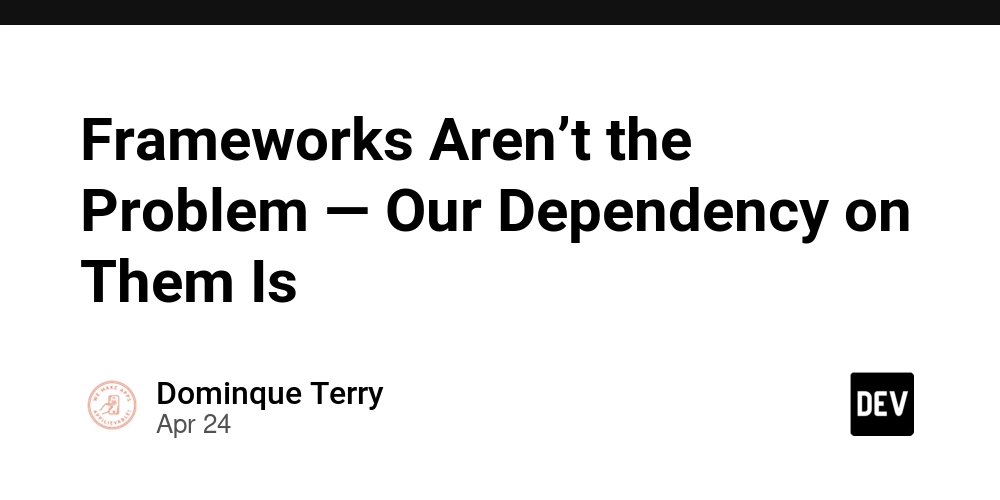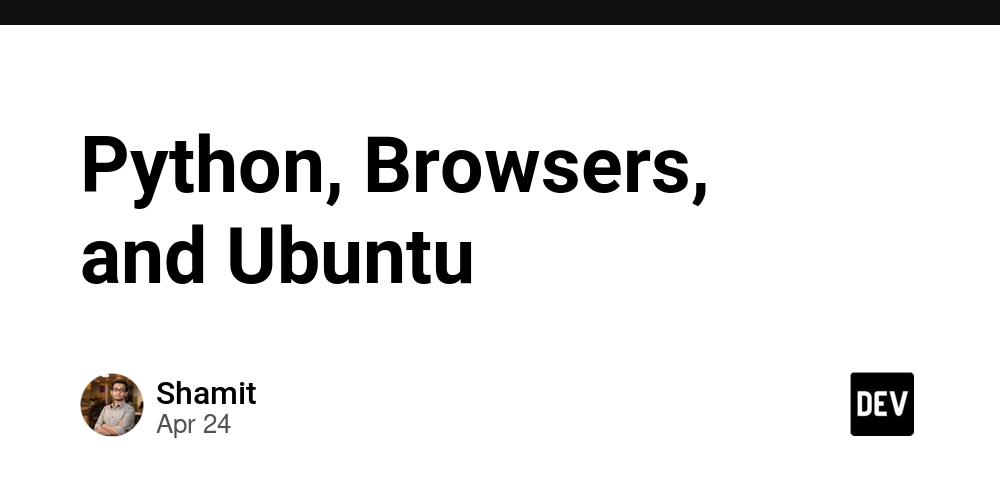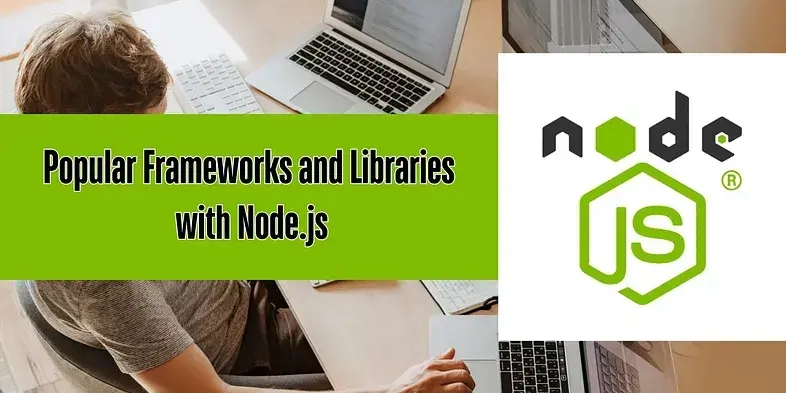
Ditch the Framework Crutch: Why Core Java and Native Mobile Development Matter
Are you too reliant on frameworks? While tools like Spring Boot and Flutter offer speed, over-dependence can hinder your understanding and problem-solving abilities. Discover why embracing core Java and native mobile development (SwiftUI for iOS, Kotlin for Android) can make you a stronger, more effective engineer.
Why Choose Native iOS and Android App Development?
Forget cross-platform shortcuts. Native iOS (SwiftUI) and Android (Kotlin) empower you with:
- Unmatched control: Optimize performance, UI/UX, and system API integration without framework limitations.
- Real-time adaptation: Implement features immediately, without waiting for framework updates.
- Bespoke solutions: Build exactly what you need, tailored to your specific requirements. Native development ensures your apps perform optimally and provide a superior user experience.
My "Framework-Free" Backend: Core Java with a Twist
On the backend, I favor core Java combined with JDBC. I've even crafted my own internal framework to manage essential functionalities like JWT authentication, encrypted passwords, and DAO generation. This approach offers several key advantages for Java backend development:
- Complete Visibility: Gain deep insight into underlying processes for focused optimization.
- Customization: Adapt solutions to specific use cases, avoiding generic assumptions.
- Lean Architecture: Bypass the bloat of Spring Boot or Hibernate for streamlined performance.
Frameworks: Powerful Tools, Not Crutches!
Frameworks aren't the enemy, but using them blindly is. Spring Boot excels at project bootstrapping, Flutter speeds up MVPs, and React revolutionizes front-end development. They're invaluable tools when used strategically.
The Danger of Blind Framework Dependence: When Magic Becomes a Mess
Far too often, I see developers depending on frameworks they lack a deep understanding of. Code ships quickly, but the underlying mechanics remain a mystery. This blind faith causes problems:
- Hidden Bottlenecks: Performance issues arise from obscured framework operations (e.g., Hibernate's lazy loading).
- Unexpected Errors: Seemingly small plugin bugs cripple entire releases.
- Debugging Nightmares: Lack of core knowledge turns troubleshooting into pure guesswork.
Level Up: Build Your Own Developer Tools to Increase Confidence
Creating my own backend framework wasn't about reinventing the wheel; it was about understanding its mechanics. Take my open-source tool, appaveli-cli, for instance. It streamlines Java-based code generation for DAO, domain models, and JDBC connections through customizable templates.
Even if you stick with Spring, try building a basic REST API in core Java. If you love Flutter, replicate a screen using native Swift or Kotlin. This deeper knowledge benefits not only code quality but also leadership, architectural choices, and overall developer growth and confidence.
Intentional Engineering: Choose Frameworks Wisely
Adopt frameworks deliberately, augmenting existing knowledge rather than replacing the need to learn fundamental concepts. Frameworks should accelerate well-understood processes.
Don't abandon Spring Boot altogether, but remember how to code without it. This balance will benefit your career, your team, and the quality of your software. Understanding the fundamentals alongside framework proficiency will make you an invaluable asset.




